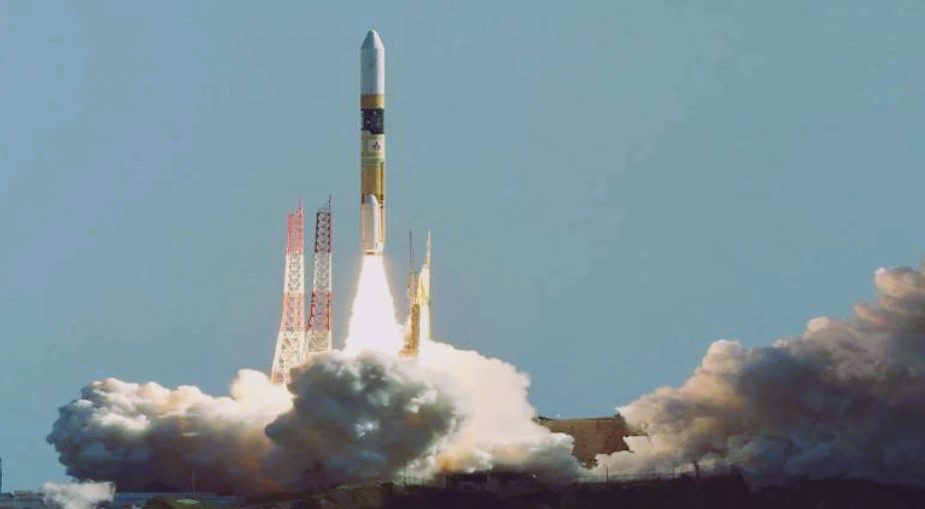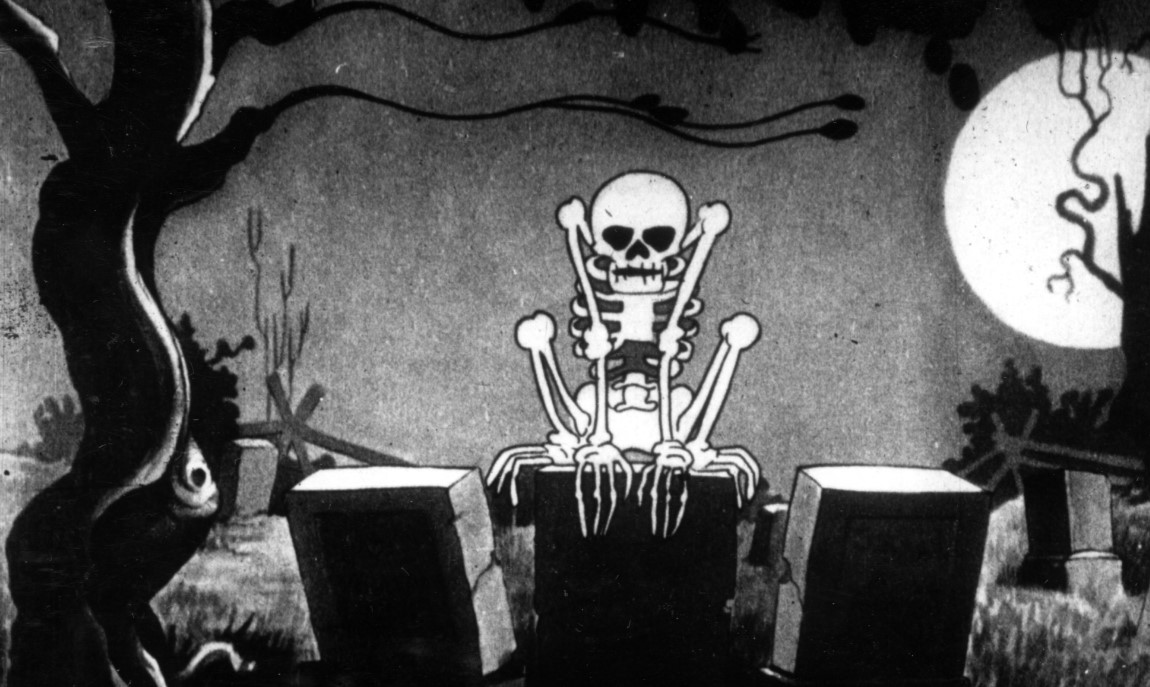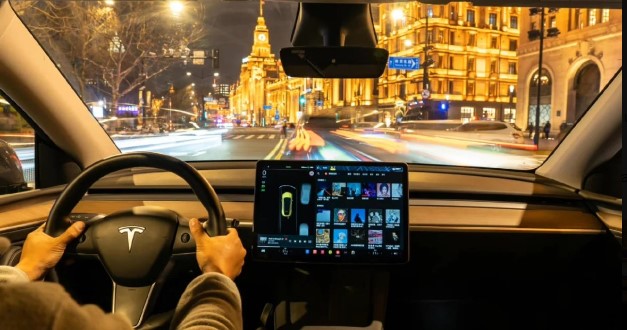Biography of Prime Minister Narendra Modi

Narendra Damodardas Modi, commonly known as Narendra Modi, is an Indian politician and the current Prime Minister of India. Born on September 17, 1950, in Vadnagar, Gujarat, he has risen through the ranks of the political landscape to become one of the most prominent and influential leaders in Indian history.
Early Life and Background: Modi was born into a modest family of grocers. He completed his higher secondary education and was known for his keen interest in debating and the Rashtriya Swayamsevak Sangh (RSS), a Hindu nationalist organization. He then pursued a degree in political science from the University of Delhi. From a young age, he displayed leadership qualities and a passion for serving society.
Entry into Politics: Modi's political career started with his association with the Rashtriya Swayamsevak Sangh (RSS) in the early 1970s. He later joined the Bharatiya Janata Party (BJP), a right-wing political party, and rapidly climbed the party's ranks. His organizational skills and dedication to the party's ideologies earned him various positions, including serving as the General Secretary of the BJP.
Chief Minister of Gujarat: Modi's most significant role before becoming Prime Minister was as the Chief Minister of Gujarat. He assumed office in 2001 and held the position until 2014. During his tenure, Gujarat experienced economic growth and development, but it was also marred by controversy due to his handling of the 2002 Gujarat riots.
Prime Ministerial Candidacy and Victory: In 2014, Narendra Modi was chosen as the BJP's prime ministerial candidate for the general elections. His campaign, centered around the promise of development and good governance, resonated with a broad section of the Indian electorate. The BJP secured a landslide victory, and Modi became the 14th Prime Minister of India.
Prime Ministerial Tenure: Modi's tenure as Prime Minister has been marked by a mix of policies and initiatives. He has focused on economic reforms, infrastructure development, and promoting India as an attractive destination for foreign investment. Some of his flagship initiatives include "Make in India," "Digital India," "Swachh Bharat Abhiyan" (Clean India Campaign), and the "Pradhan Mantri Jan Dhan Yojana" (Financial Inclusion Program).
Foreign Relations: Modi has also made significant strides in foreign policy, aiming to strengthen India's global standing. He has worked to improve relationships with neighboring countries, such as Pakistan and China, while also fostering closer ties with major world powers like the United States, Russia, and European countries.
Criticism and Controversies: Modi's tenure has not been without controversy. While many applaud his efforts towards development and economic growth, his government has faced criticism for issues related to religious tensions, freedom of expression, and handling of certain social and political challenges.
Conclusion: Narendra Modi's journey from a humble background to becoming the Prime Minister of the world's largest democracy is a testament to his determination, political acumen, and leadership skills. His impact on India's political landscape and society is profound and continues to shape the nation's trajectory on the global stage.




